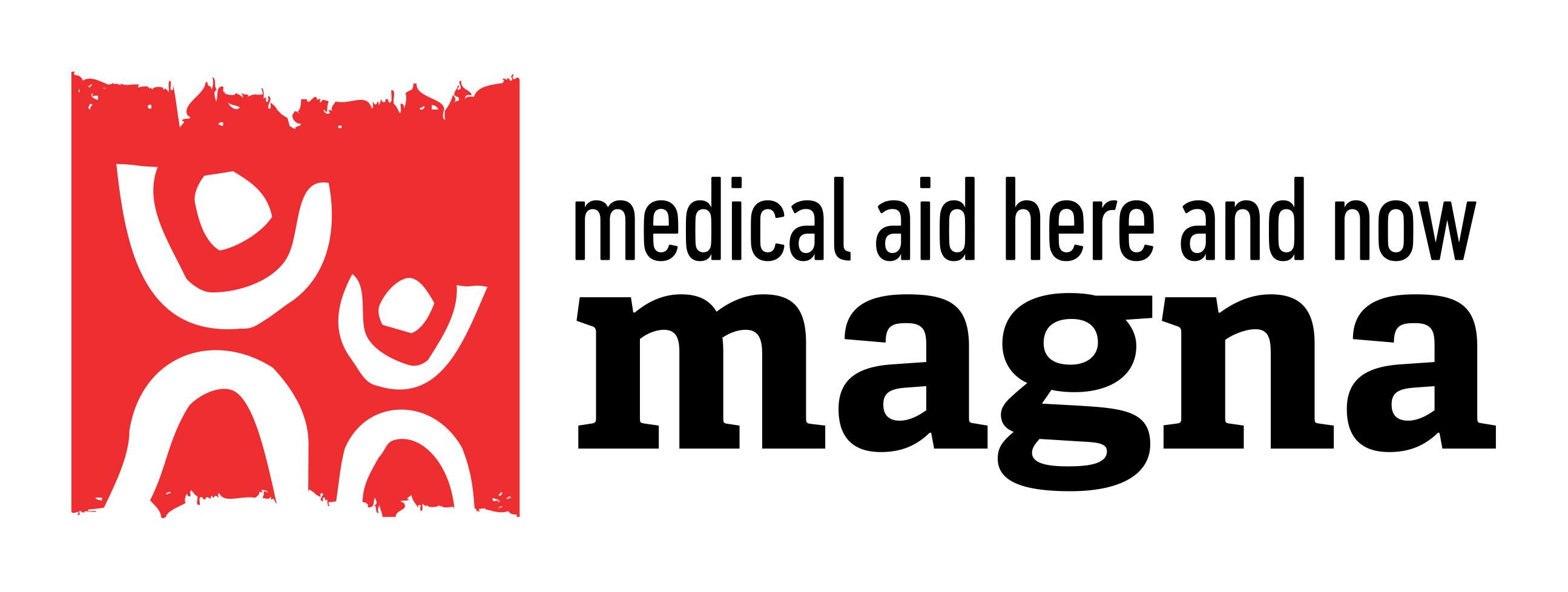Rape or Death
The photograph with the brutal title was taken by Martin Bandžák, founder and director of the humanitarian medical organisation MAGNA, and nominated for this year’s Czech Press Photo. The name of the child in the image is Sylvia and she lives in the Democratic Republic of the Congo. In a conflict zone, her story is commonplace.
Sylvia (14) “It was a day like any other and I was working in the fields when a man from the Kamuina Nsapu militia came up to me. He offered me a choice:either to be raped or killed.Today I am eight months pregnant and a patient at the Bilomba hospital.“
Bratislava, 25 November 2018 – Today is International Day for the Elimination of Violence against Women. Even in these times, millions of women around the world face different types of violence. Rape and other forms of sexual assault are only some of them. They are all too frequently widespread in conflict environments as a tool to humiliate, punish, control and spread fear, as well as an instrument for destroying communities. But these crimes are often perpetrated also in stable areas by someone they know or even a relative.
MAGNA, a humanitarian medical organisation founded by photographer Martin Bandžák and managed by him along with Denisa Augustínová, is treating women and children in areas where no basic medical care exists, while seeking to alleviate the consequences of sexual assault which would otherwise prove fatal. They are helping out in many countries around the world, of which the Democratic Republic of the Congo is just one.
MAGNA has its own teams of doctors and volunteers in the field, directly in areas with a higher incidence of sexual violence. They concentrate on treating children and women in the world’s most threatened places,raising awareness among communities in refugee and displaced persons’ camps about the problem and the care options available to them, while spreading social and psychosocial support. MAGNA’s hospitals in the Democratic Republic of the Congo are providing medical care to victims of sexual violence almost daily.
“The United Nations has issued a number of recommendations on the issue of sexual violence and keeps global statistics, but in third-world countries where violence against women is a very common reality, implementing any prevention programme is difficult. So our organisation is treating hundreds of women and children, trying to mitigate the consequences of rape,” says MAGNA founder and project coordinator Denisa Augustínová, which includes treatment and care for victims of sexual assault. “We provide them with post-exposure prophylaxis to prevent HIV infections and likewise immediately administer contraceptives. Rape victims also receive antibiotics to prevent sexually-transmitted diseases and they are vaccinated by us against tetanus and hepatitis. Accordingly, we treat physical injuries and provide psychological support.”
International Day for the Elimination of Violence against Women was declared by the UN General Assembly in 1999, although it had been unofficially celebrated since 1981 when it was established by women’s organisations in Columbia. It was organised to honour sisters Patria, Minerva and Maria Teresa Mirabal, political activists in the Dominican Republic murdered in 1960 on the orders of its dictator, Rafael Trujillo. Every year, governments from different countries, non-profit organizations and associations organise activities to raise awareness about rape and sexual violence.
